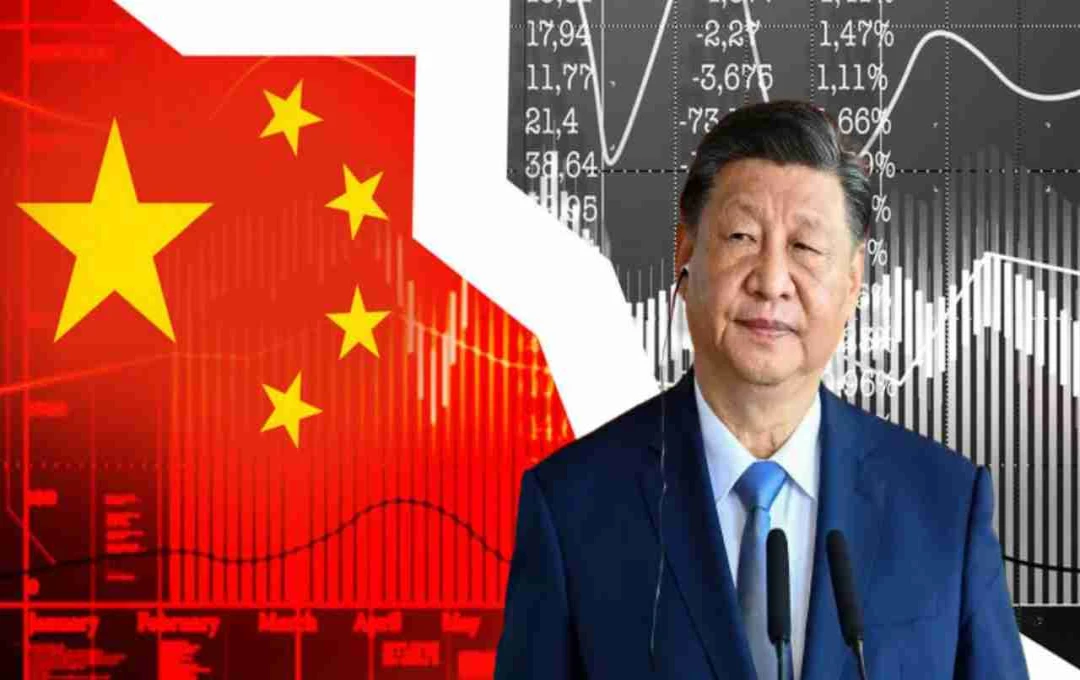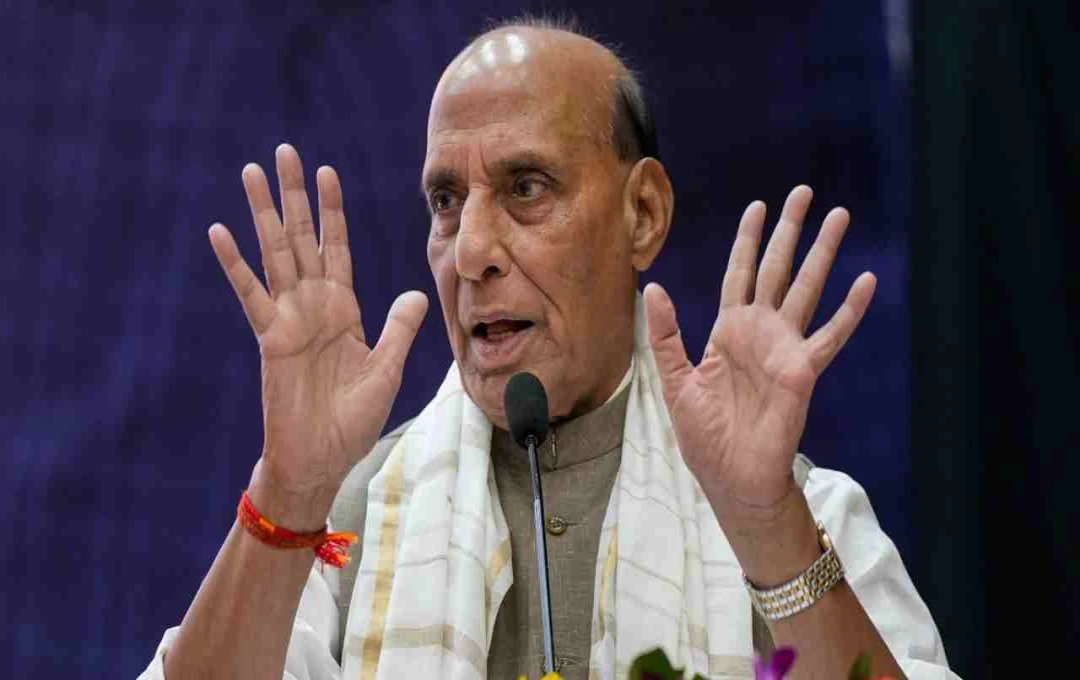China's economy is going through a recession. Industrial production and retail sales have been weaker than expected, and the property sector and employment crisis have reduced consumer spending. The unemployment rate reached 5.3% in August, and property investment fell by 12.9%. Experts believe that if the situation does not improve, a global impact could also be seen.
China's Economy in Crisis: China's economy is in a severe crisis, with declining consumption, weak investment, and rising unemployment creating an atmosphere of recession. In August 2025, industrial production increased by 5.2% and retail sales by 3.4%, which were lower than market expectations. Property investment fell by 12.9% from January to August, while the unemployment rate reached 5.3%. Experts have warned that if consumer spending and employment do not improve, global consequences could be observed.
Sluggish Retail Sales

Consumer spending has also seen a decline. Retail sales grew by 3.4 percent in August, compared to 3.7 percent in July. Experts had estimated this figure to reach 3.9 percent, but the actual data fell short of expectations. The slowdown in the property sector and the sluggish job market are considered major reasons for this. The continuous decline in housing prices and the lack of employment opportunities have weakened the purchasing power of ordinary people.
Decline in Industrial Production
According to the latest data from the National Bureau of Statistics, industrial production increased by only 5.2 percent in August. In July, this figure was 5.7 percent. The market had also expected a similar level of growth, but the results were below expectations. This marks the slowest pace recorded since August of last year. Extreme heat and a prolonged monsoon season in China this year have also significantly impacted the manufacturing sector.
Crisis in the Property Sector

A significant portion of China's economy relies on the property sector, but conditions in this sector are deteriorating. From January to August 2025, property investment declined by 12.9 percent compared to the previous year. Sales of new homes also saw a decrease of 4.7 percent. In August, housing prices fell by 0.3 percent month-on-month and 2.5 percent year-on-year. This situation is further eroding public confidence.
Government's Concern and Warning
The Chinese government has also expressed concern over these developments. Fu Linghui, spokesperson for the National Bureau of Statistics, stated that although the economy appears stable, it faces many uncertain and volatile factors. He emphasized the critical need for robust implementation of macroeconomic policies at this time. Furthermore, he highlighted the importance of stabilizing employment, businesses, and consumer confidence.
The state of the job market is also a cause for concern. The urban unemployment rate rose to 5.3 percent in August, up from 5.2 percent in July. This directly indicates a reduction in job opportunities, making it increasingly difficult for young people to find employment. Rising unemployment could further dampen consumer spending, exacerbating the economic slowdown.
Apprehension of Global Impact
Experts believe that this slowdown in China's economy will not be confined to domestic levels. China is a major market and supply hub for the entire world. A reduction in investment and consumption here is bound to impact global trade. The pressure could particularly increase on Asian markets and developing economies.















